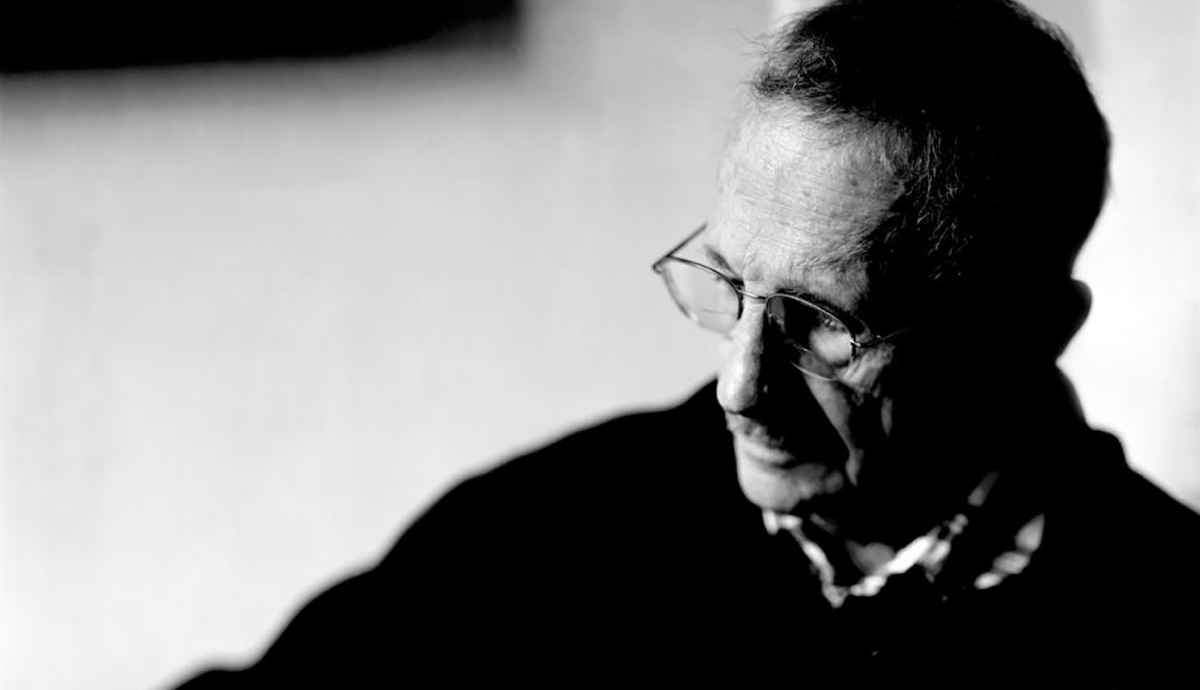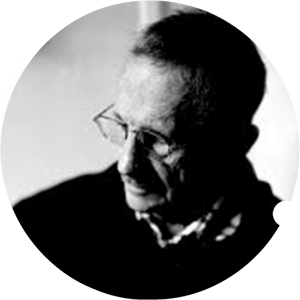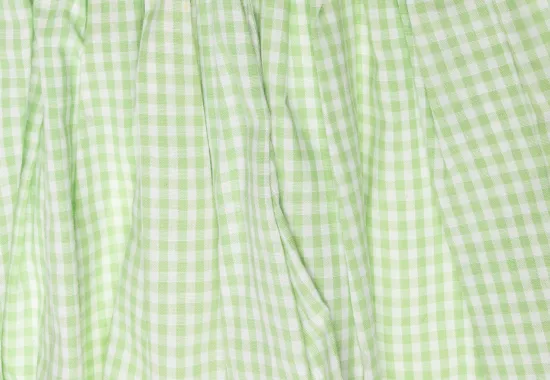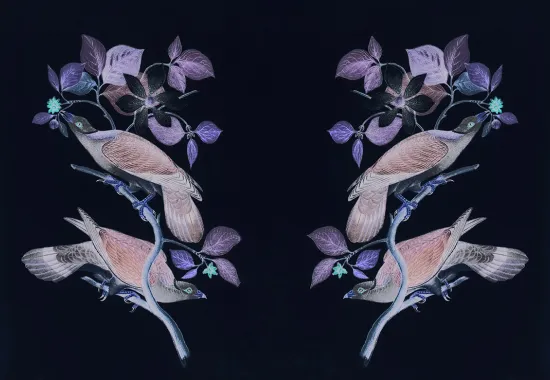Philip Levine in NAR: “The Rats”
The Rats
“When you know the shadows are the rats you’re through.”
Edgar Allan Poe
Because of the great press
of steel on steel
I cannot hear the shadows hunched
under the machines. When the power
fails, the machine stops,
and the lights go out
I am listening to myself
to my breathing and to
the noise my breathing makes.
They are moving, the shadows,
out of time, out
of sight, somewhere out
there in the darkness, and
when the lights
come back they are no longer
where they were.
Someone who never stood
next to me has poisoned
the shadows. They are dead
in the stairwell or under
the floorboards, darker
than ever and more compact
and moving in the sweet air
sweetening the air I breathe.
Later I will be in
the parking lot looking
for my car or I will remember
I have no car and it
will be tomorrow or years
from then.
It will be now.
I will have been talking
sitting across from where
you sit at ease on
the outrageous, impeccable sofa
I have admired,
and in that quiet that comes
in speech I will hear them
moving at last and see them
moving toward you in the light
bringing their great sweetness.
Courtesy of Wesleyan University Press
Three issues passed between Philip Levine’s first North American Review appearance and the publication of “The Rats” in the winter of 1964. The issue found Levine in good company, alongside paired poems by David Ignatow, William Stafford, and Catherine Davis, and another by James Dickey. In a practice we’ve eschewed in recent years, NAR editor Richard Dana also published three of his own poems in the issue.
Levine’s poem appeared on page 39, wedged into the layout alongside an essay entitled “Jazz, Freedom and the Amateur,” a pairing that might have pleased the jazz-loving poet. The issue also featured a photo essay on the folk singer Odetta, who had performed the year before alongside Martin Luther King Jr. at the March on Washington for Jobs and Freedom.
“The Rats” is a poem that begins, characteristically, on the job, or in some industrial space where “Because of the great press / of steel on steel / I cannot hear the shadows hunched / under the machines.” Not simply or strictly a poem of work, the piece is an urban nocturne which Levine introduces with a quotation liberally paraphrased from the writer he calls “Edgar” Poe: “When you know that shadows are the rats you’re through.”
The contributors’ notes for the issue observe that Levine’s first book, On the Edge, had recently been issued in paperback. It would be another three years or so before a somewhat revised version of “The Rats” would be appear in his third volume, Not This Pig, on Wesleyan University Press.
Photo by by Geoffrey Berliner
Recommended
The Shirt
After Hearing David Rothenberg Sang with Birds
Frothing Pink Poodle Droppings






